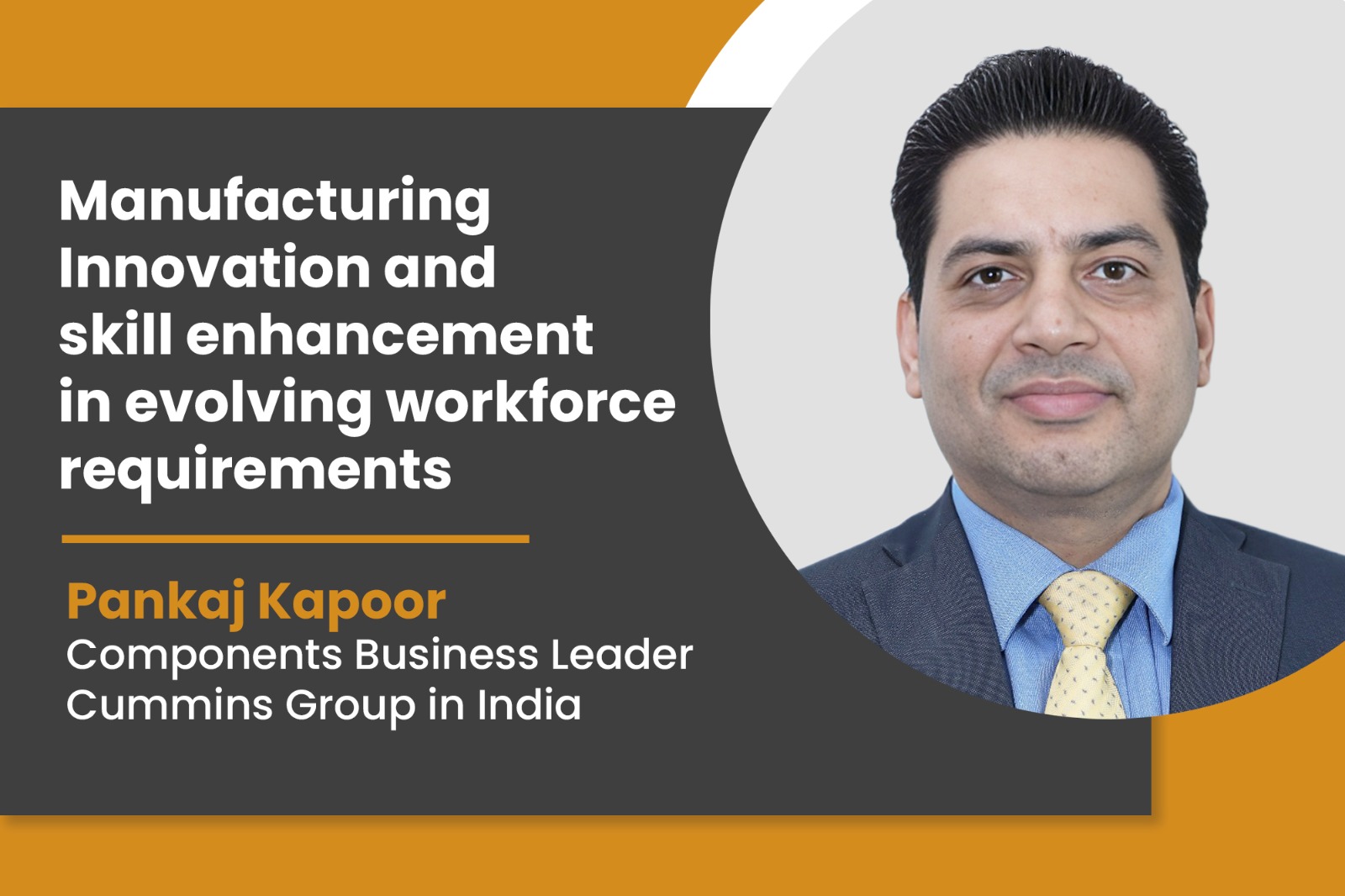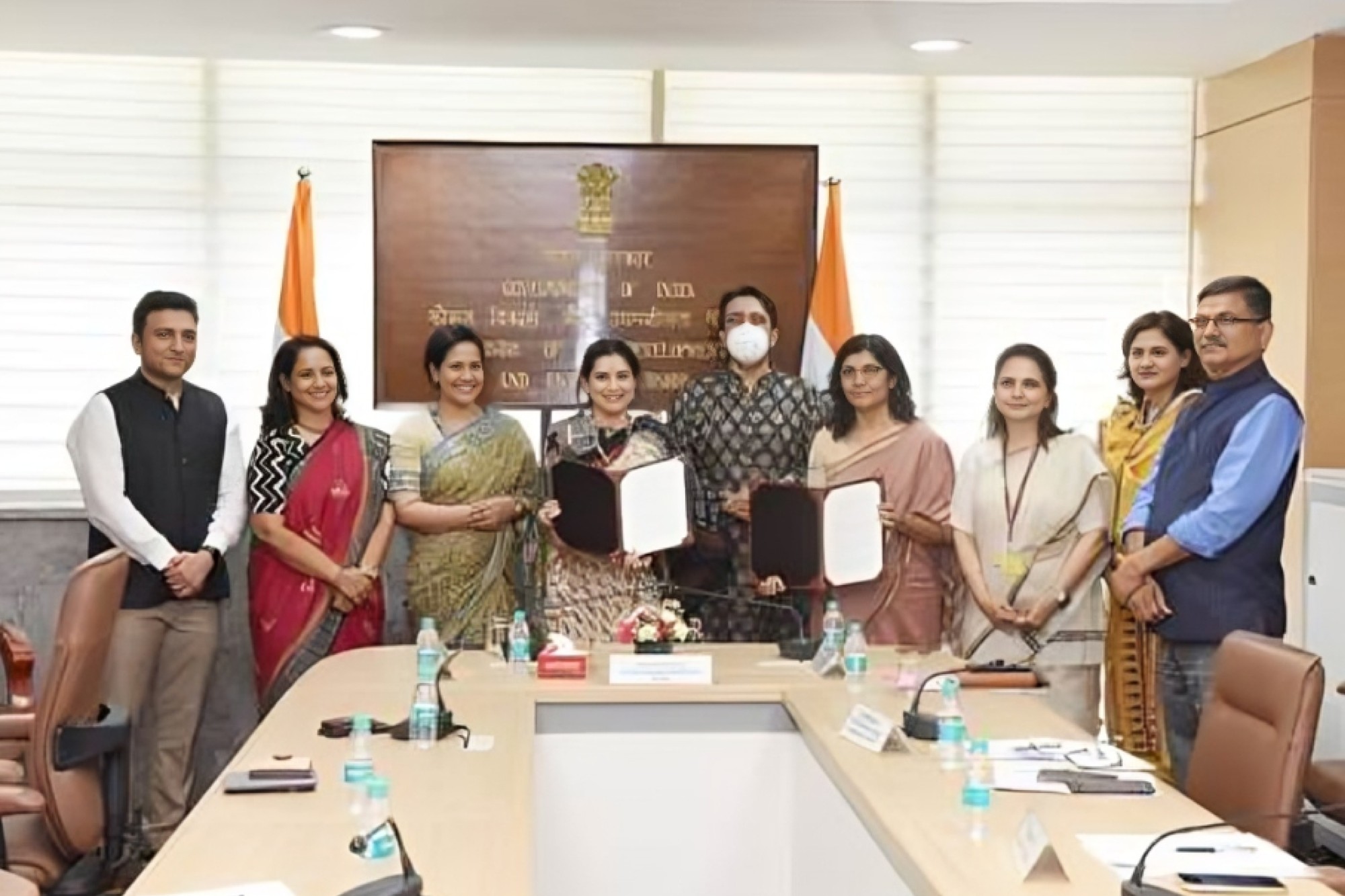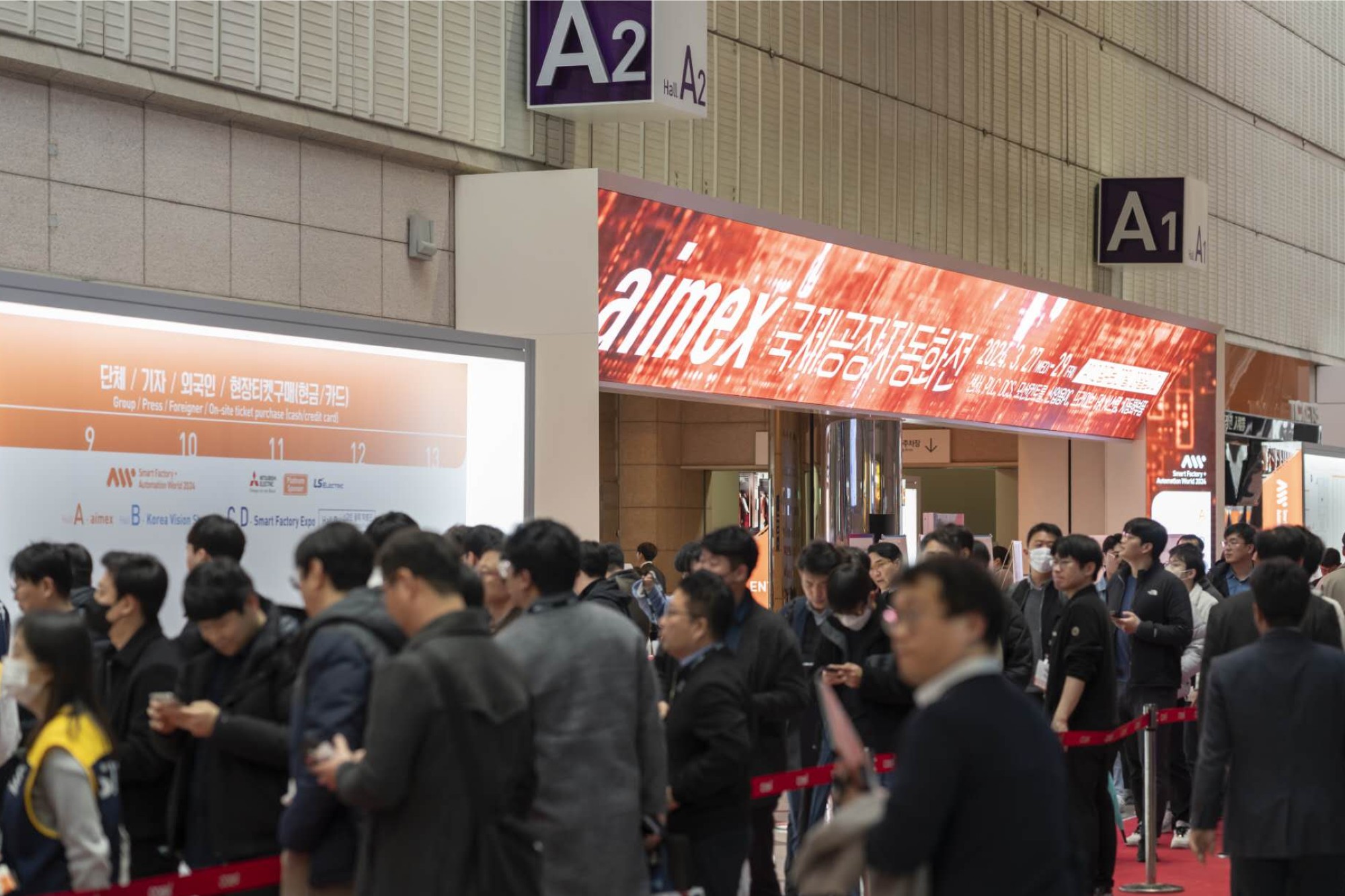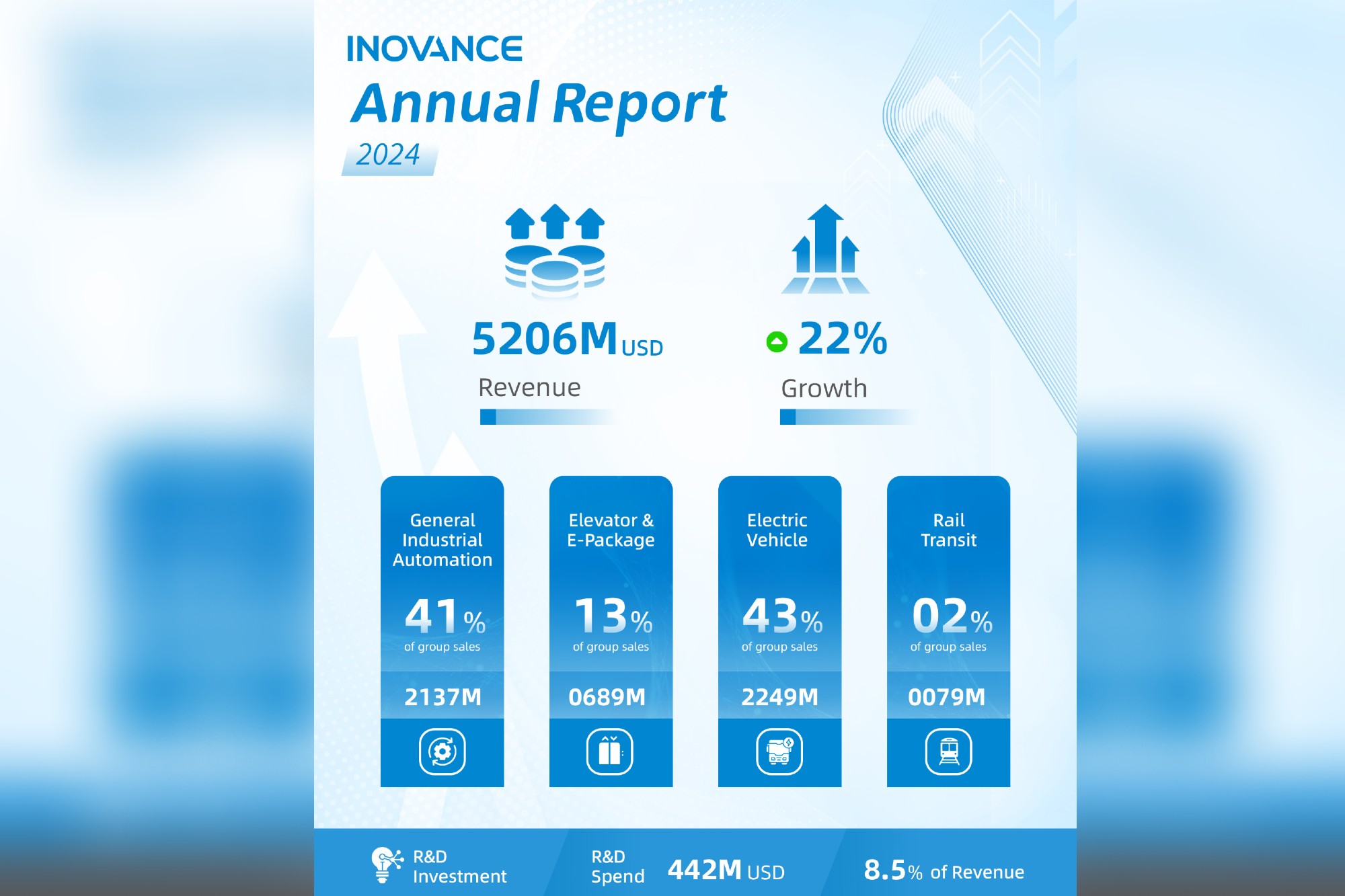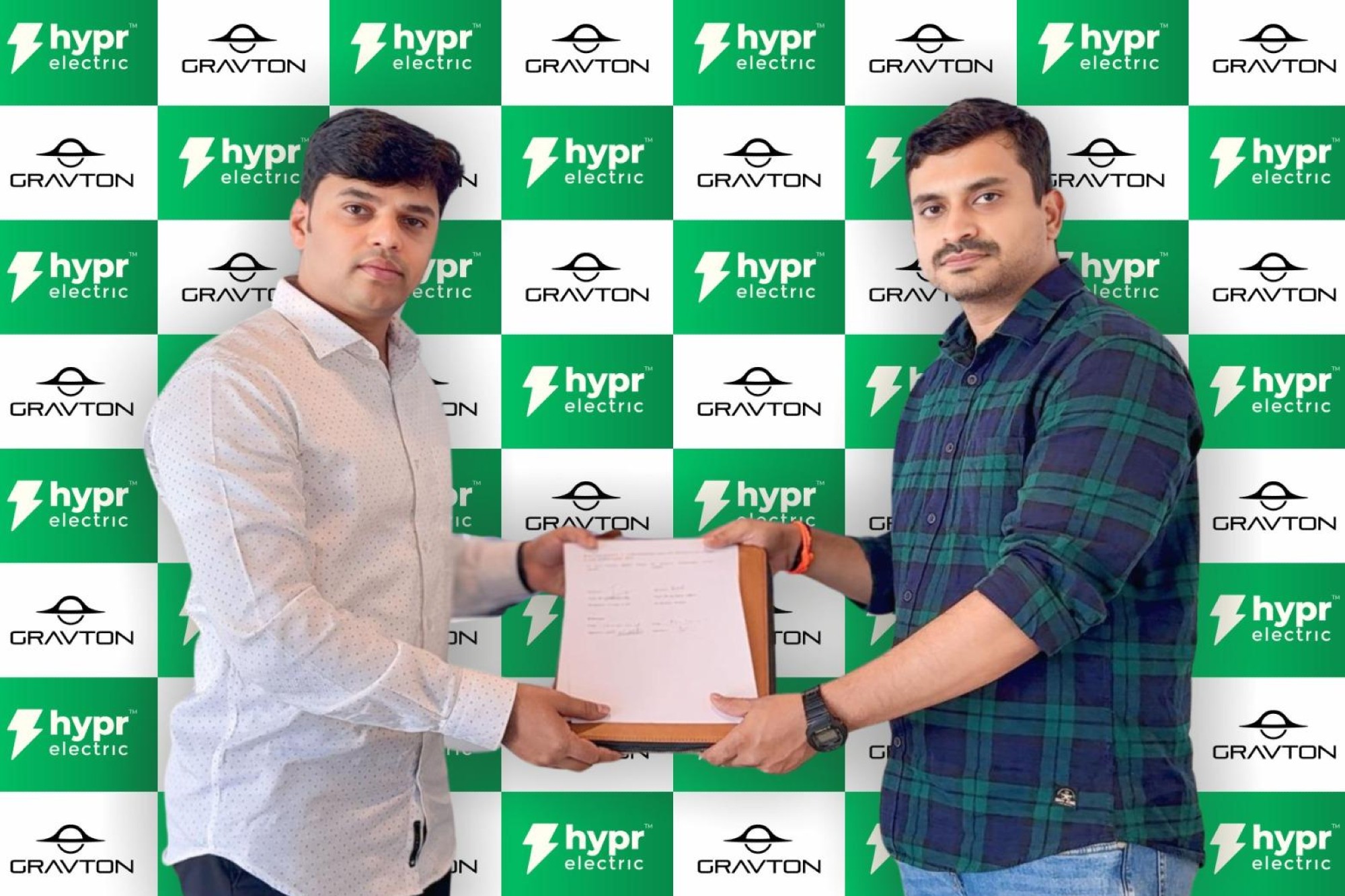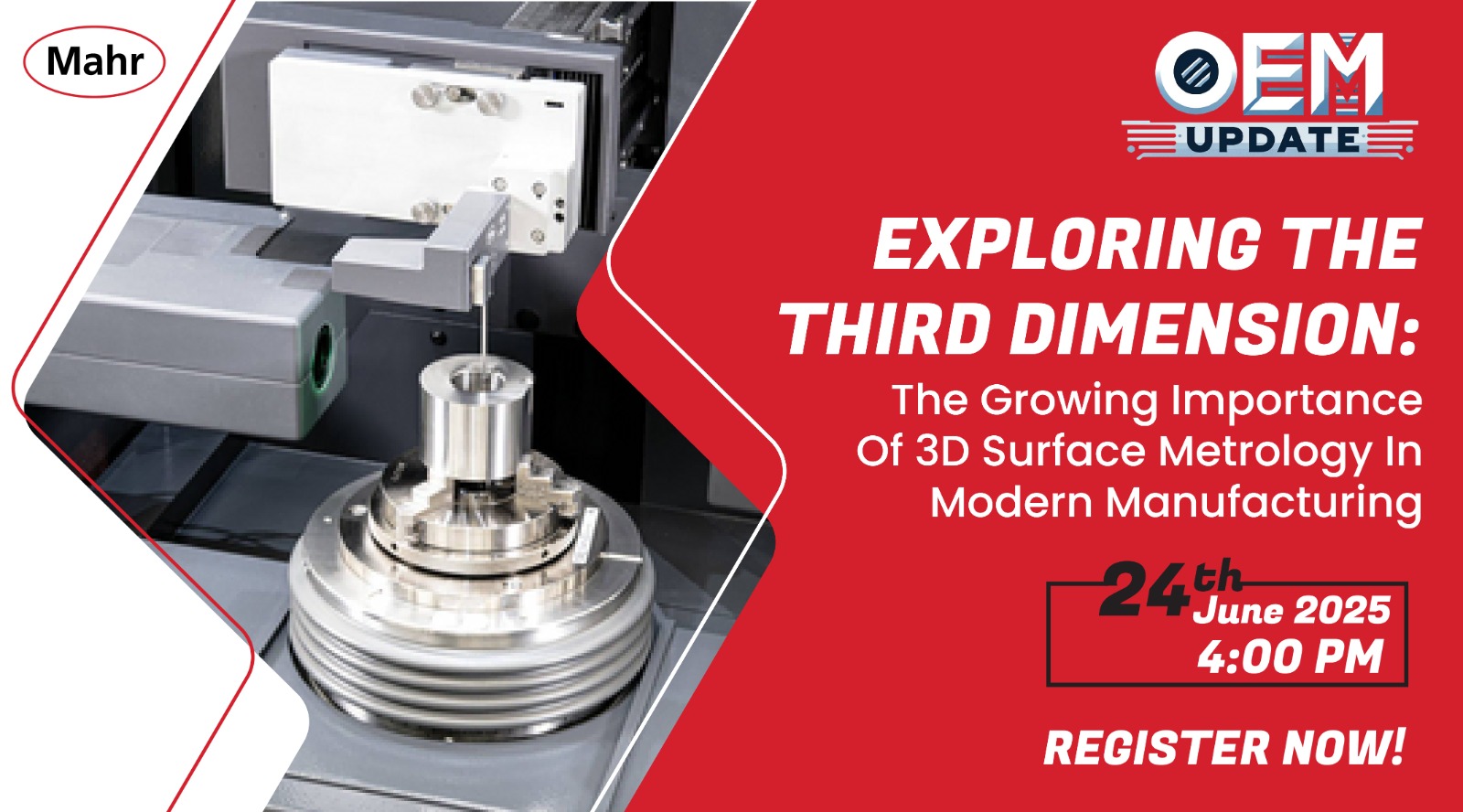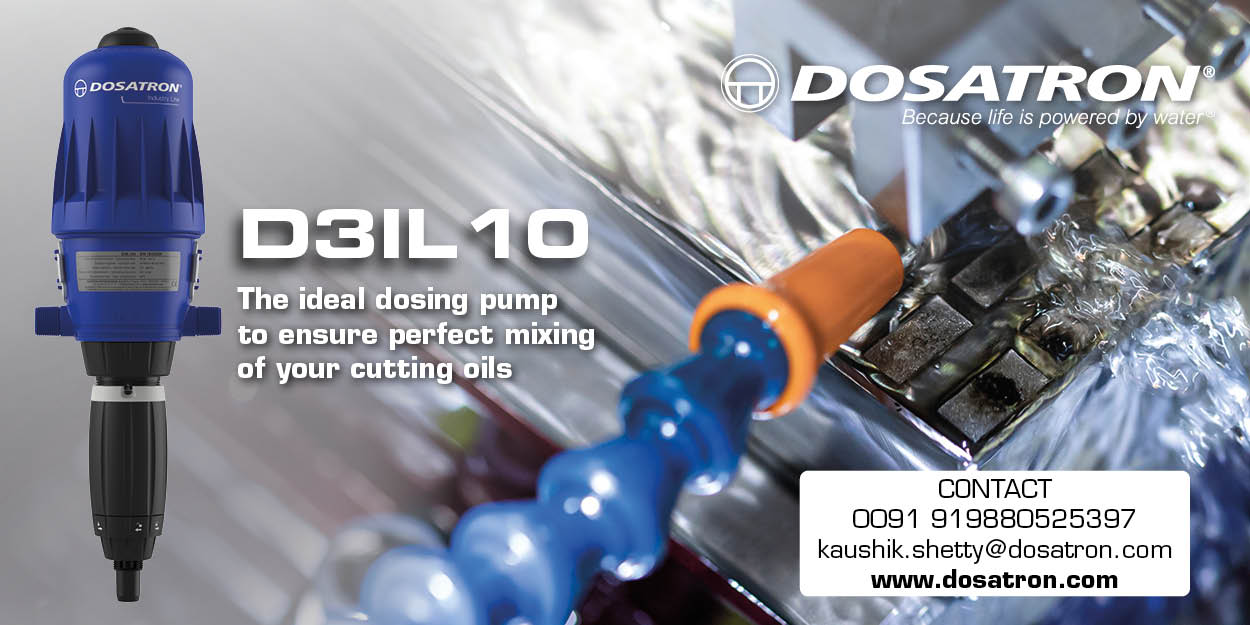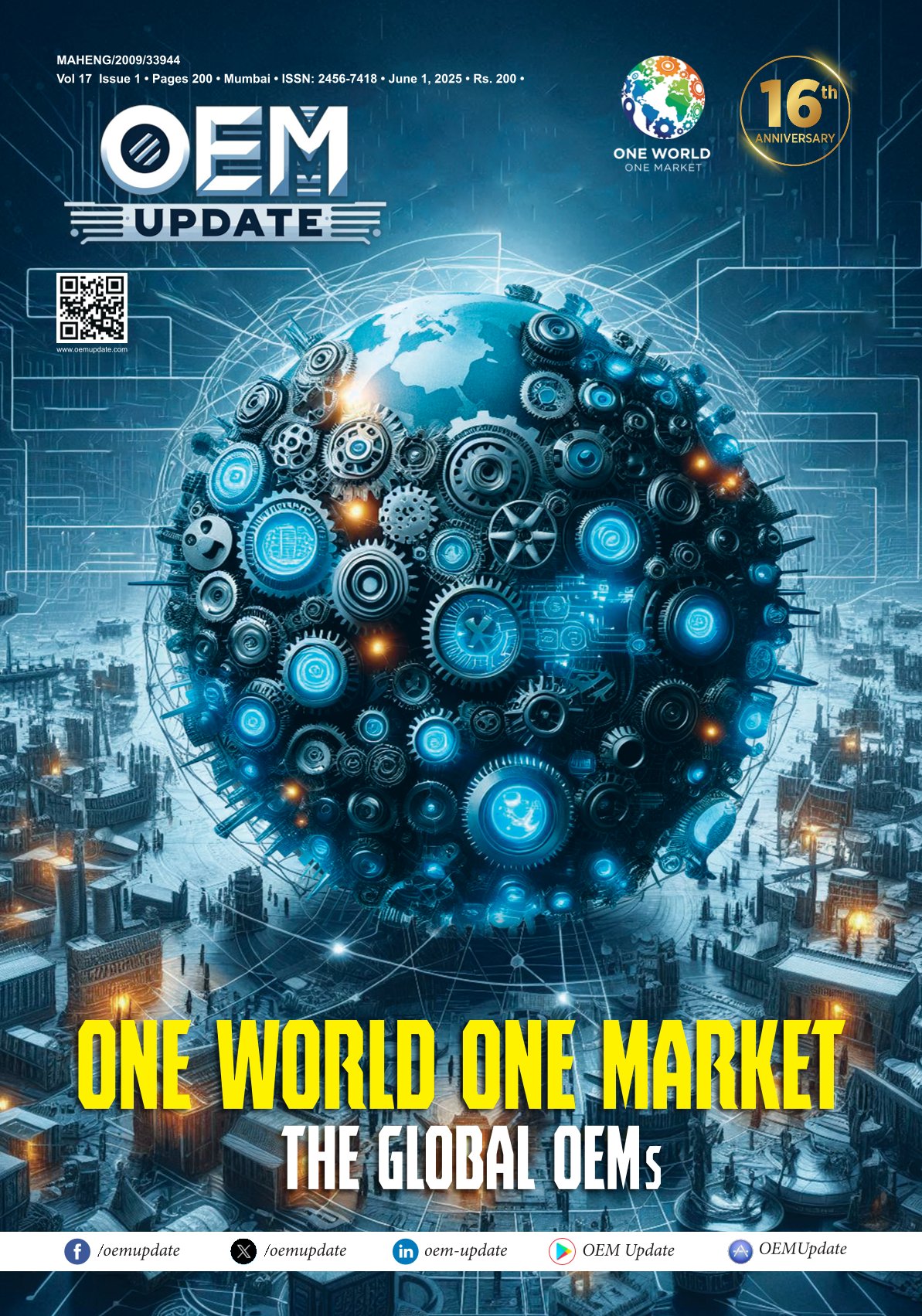Manufacturing innovation and skill enhancement in evolving workforce requirements
By OEM Update Editorial March 19, 2024 6:59 pm IST
In the vibrant landscape of manufacturing, innovation and resilience are paramount. Pankaj Kapoor, Components Business Leader, Cummins Group in India talks about the roles of AI, IoT, and automation in enhancing efficiency and explores strategies for building resilience in supply chains while addressing evolving skill and safety requirements.
How are initiatives like electric vehicle infrastructure and government policies expected to impact India’s manufacturing sector in the near future?
India, ranked as the world’s 5th largest economy, heavily depends on its manufacturing industry. In the previous year, this sector accounted for 15 percent of India’s Gross Domestic Product (GDP), with forecasts indicating a rise to 21 percent within the next 6-7 years. This expansion is credited to programs like “Make in India,” which seek to strengthen domestic manufacturing. Additionally, supportive measures such as Production-linked Initiatives, the Bharatmala Project, and the National Logistics Policy are attracting investors to engage in the manufacturing sector.
Speculation regarding 2024 suggests that manufacturing will be a major driver of economic expansion. Focusing efforts on improving electric vehicle infrastructure, which encompasses the integration of e-buses for public transit and the development of charging infrastructure, is poised to generate prospects for both foreign investment and domestic business expansion throughout the entire supply chain. The recent introduction of a policy offering a Rs. 1 lakh crore corpus, coupled with 50-year interest-free loans for the private sector, is expected to incentivise increased research, thereby fostering innovation within the manufacturing sector. External funding avenues and supportive government policies are expected to facilitate companies in creating intellectual property, further stimulating growth and competitiveness in the manufacturing landscape.
How do AI, IoT, and automation contribute to improving efficiency and fostering innovation in the manufacturing industry?
The integration of digital technologies like IoT, Generative AI, Cyber-Physical Systems (CPS), and Collaborative Robots promises enhanced efficiency for companies. With the exponential growth of data in the manufacturing realm, traditional data processing methods have become inadequate. However, the advent of Big Data Analytics has empowered businesses to manage large volumes of data, characterised by high velocity and variety, enabling valuable insights and informed decisions. Affordable IoT devices such as Bluetooth Low Energy devices, RFID readers, and UWD devices facilitate the conversion of physical data into digital form.
Leveraging IoT strategically within the supply chain enhances process transparency and management by generating an abundance of data points aligned with the company’s objectives. The significant advantages of IoT implementation include improved decision-making through better visual representation, increased productivity, operational agility, scalability, risk management, efficiency enhancement, reduced human effort, adaptability, and real-time data generation leading to time savings.
Furthermore, the introduction of advanced technologies like Machine Learning, Deep Learning, and Artificial Intelligence revolutionises manufacturing processes, offering a new paradigm for professionals in the field. The wider application of Artificial and Convolutional Neural Networks in manufacturing encompasses advanced vision systems, autonomous operations, and various predictive analyses, fostering innovation and efficiency across the industry.How are manufacturers integrating traditional methodologies to enhance operational efficiencies and resilience in response to evolving customer demands?
Achieving resilience in supply chains and adapting to evolving customer demands requires a combination of traditional methodologies such as lean management/theory of constraints and modern advancements in Industry 4.0 techniques. While industries such as automotive have embraced lean management practices likeValue Stream Mapping(VSM), KANBAN, and Line Balancing for over three decades, these methods have only partially addressed supply chain efficiency and agility needs. With the technological landscape evolving rapidly, real-time decision-making capabilities are now essential. Connected machines and integrated supply chains enable the identification of outliers in real-time, necessitating a shift towards Industry 4.0 practices alongside traditional methodologies. Manufacturers must maintain focus on fundamental manufacturing processes, leveraging lean, Six Sigma, or Theory of Constraints (TOC) tools, while also integrating Industry 4.0 practices to further enhance operational efficiencies.
Advanced statistical tools now offer more accurate demand forecasting by considering various factors such as seasonality and patterns. These techniques bolster resilience against fluctuations in customer demand. Additionally, advanced simulation and Digital Twins aid process designers in responding effectively to variations across the entire supply chain, from customer to supplier endpoints.
How are organisations implementing measures to ensure their workforce remains adequately skilled and equipped to meet evolving skill and safety requirements?
In line with the Skill India initiative, Cummins remains committed to enhancing employee skills through a range of programs. Our holistic training approach aims to enhance knowledge, abilities, and other key characteristics (KSAO) across all four pillars, emphasising a comprehensive development strategy. For shop employees, we have implemented several initiatives to augment their skills, including a dedicated training center equipped with machine-specific audio-visual modules, software interventions to identify competency gaps, mobile app-based assessments, and integration of IoT devices at the machine level.
The introduction of cutting-edge technologies such as virtual reality, IoT, and Big Data Analytics (BDA) has significantly enhanced the robustness and analytical capabilities of our training processes. Immersive technologies have been particularly impactful in safety training and verbal instructions, providing users with a more engaging experience. Additionally, the implementation of factor analysis has facilitated the identification of the most critical skill gaps at the organisational level. Looking ahead, we expect significant progress in this domain, harnessing emerging technologies such as generative AI, vision-based opportunities, and machine learning within the next five years. This will enable us to meet evolving skill demands and adhere to increasingly stringent safety standards.
Cookie Consent
We use cookies to personalize your experience. By continuing to visit this website you agree to our Terms & Conditions, Privacy Policy and Cookie Policy.



